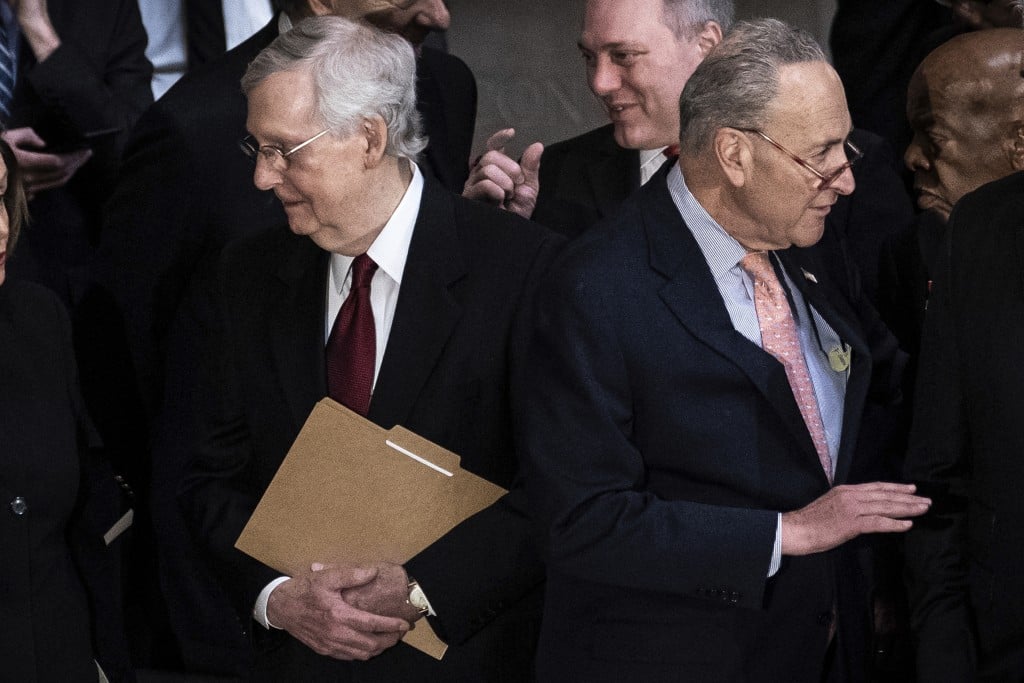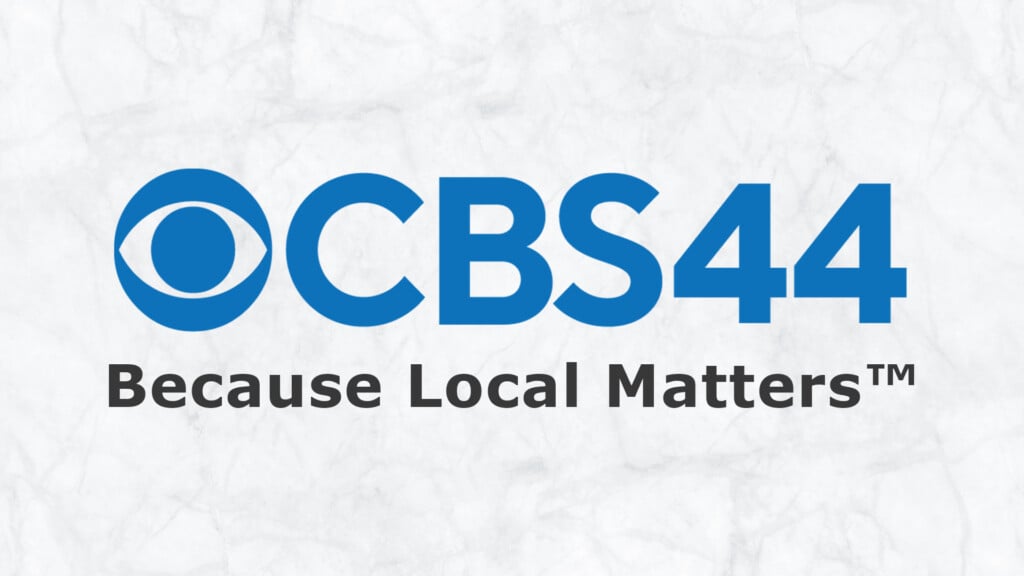Stimulus negotiators race for a deal ahead of a midnight deadline

WASHINGTON (CNN) — A group of bipartisan senators and administration officials is racing Friday to meet a midnight deadline to agree on a stimulus package that is likely to grow significantly larger than the original $1 trillion Republican proposal laid out to help the country battle coronavirus and assist struggling workers and businesses get back on their feet.
After multiple morning meetings, senators in each party suggested a deal is possible, but said there is still plenty of work to do and problems to solve.
Senate Majority Leader Mitch McConnell told reporters he would take the step Friday to begin the floor process for the upcoming stimulus bill. Doing so would mean that the Senate would cast a procedural vote to begin debate on the bill on Sunday, and McConnell then could try to move to a final vote on Monday. Earlier Friday, McConnell said he would begin that process tomorrow.
“We expect to have an agreement by the end of today,” McConnell said. “The game plan remains the same. We will be voting on a final package in the Senate on Monday.”
He said after an agreement is reached, staff will spend the weekend drafting the legislative text.
McConnell has assigned task forces to tackle individual parts of the stimulus bill. They met behind closed doors in various offices in the Finance Committee’s suite in the Dirksen Building. Senators left those meetings shortly after noon to attend their caucus lunches while staff members stayed behind to draft language.
The lawmakers are expected back Friday afternoon to finalize their sections and then turn them over to McConnell and Senate Democratic Leader Chuck Schumer who must hammer out a final agreement before midnight, a deadline McConnell set for the talks so the bill can clear the Senate by Monday.
Schumer signaled his stance Friday in comments from the Senate floor where he said that “at the moment, the McConnell bill is inadequate.”
“We need to work with uncommon speed and make this next bill what it needs to be,” Schumer said. “Democrats are already at work with our Republican colleagues to get this done.”
Sen. Dick Durbin of Illinois, the second ranking Democrat, said some of the task forces split into subgroups and are hashing through their subject areas. He was in a subgroup dealing with the needs of hospitals. He described the talks as “positive” and said there is a “determination to get this done if we can as quickly as possible.”
But Durbin complained the GOP plan did not do enough to help hospitals and other providers respond to the crisis. Democrats have called for a Marshall Plan to boost the healthcare’s systems capabilities ahead of a feared overwhelming spike in cases.
Democratic Sen. Debbie Stabenow described the talks as “sincere” but complained the original GOP bill was inadequate in terms of using the unemployment benefit system to provide an income stream to laid off workers.
“It’s critically important that not only people who are losing their jobs are made whole but that we are going to continue to tie people to employment,” she said. “Small businesses want to know their employees will be made whole.”
Sen John Thune, the second-ranking Republican leader, met with in the subgroup with Stabenow and Durbin. He said they were still working through their concerns: “There’s been some good constructive discussions, but there’s obviously not resolution yet,” he said.
When asked about the Marshall Plan for hospitals, Thune said he recognized something needs to be done to assist them because “many have given up elective surgeries and that’s where the margins are.”
Also in the talks are Treasury Sec. Steven Mnuchin, Labor Secretary Eugene Scalia and Larry Kudlow, an economic adviser to Trump.
As he left a meeting, Kudlow was upbeat: “Very good attitude. The children are playing well,” he said.
One thing that has become clear, as negotiations continue, is that the final cost of the package will be well north of $1 trillion. It’s something White House Legislative Affairs Director Eric Ueland nodded to when asked about that by CNN.
“We understand the potentiality of the deficit impact, but the deficit impact is not a barrier for the need to act on behalf of the American people,” Ueland said. “We are looking for the swiftest, largest impact to the American economy, for the American people, on the President’s instruction. That’s what we’re trying to deliver here.”
This story has been updated with additional developments Friday.

